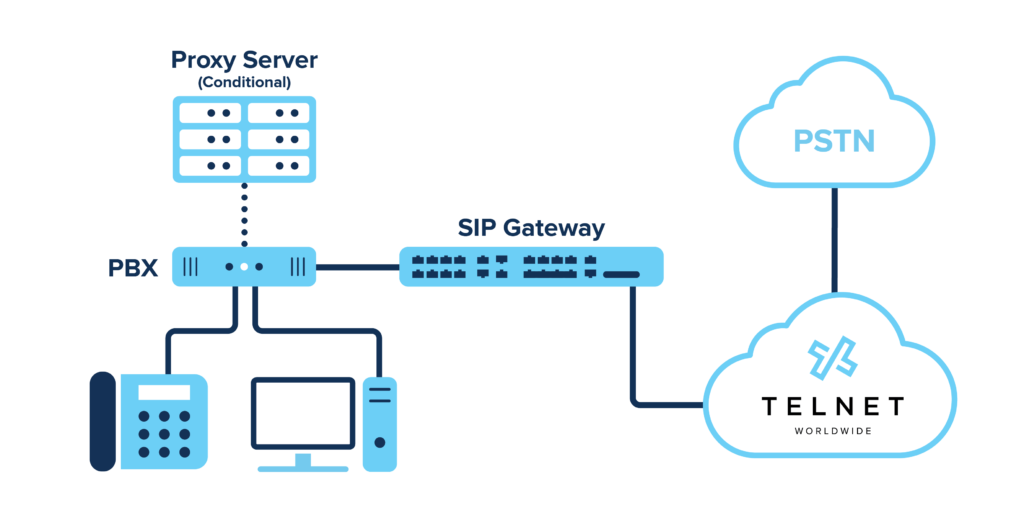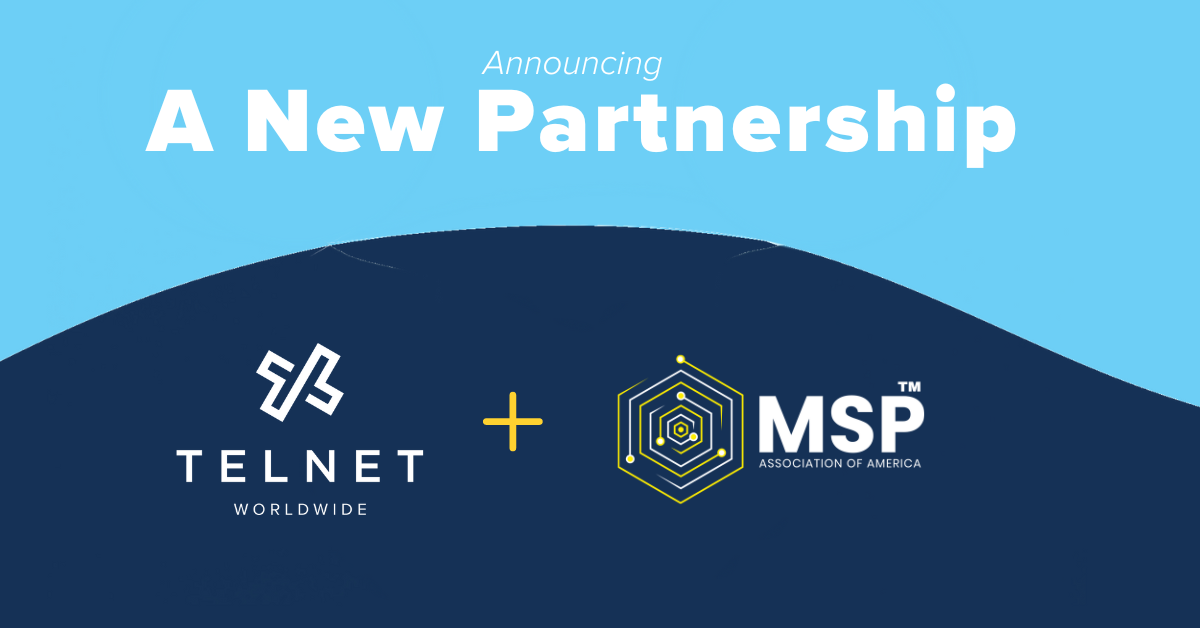While you’re making calls, your SIP-enabled, IP-PBX is working hard for you. In fact, it has many components that work together to provide you with reliable, quality service. An important component of your IP-PBX is your SIP server, which is what’s responsible for starting and ending your SIP call.
What is SIP?
SIP (session initiation protocol) is a VoIP communication service that contains the features and call processing functions of the public switched telephone network (PSTN).
Within SIP are user agents, known as endpoints, that can start, change or end a session. Endpoints can be mobile devices, softphones or laptops. User agents work with the SIP server in order to make your calls happen.
What is a SIP Server?
A SIP server, also known as a SIP Proxy, deals with all the management of SIP calls in a network and is responsible for taking requests from the user agents in order to place and terminate calls. SIP Servers are usually included inside of SIP-enabled IP-PBXs. We can work with your PBX equipment vendor to make it SIP-enabled. If you already have a PBX, chances are we have the capability to connect to your PBX.

How a SIP Server Works
Think of your SIP proxy server as the “middleman” of your SIP calls. As the middleman, it’s responsible for transmitting calls and ending them through stateless and stateful servers.
Stateless Server
A stateless server forwards a message it receives and doesn’t store any information. In fact, stateless servers will “forget” a request as soon as it’s been passed along.
Stateful Server
A stateful proxy server is kind of like a storage bank. It keeps track of requests and responses that have been received and can even store them to use in the future.
TelNet’s SIP servers are located in our Tier III, redundant data centers, so you can rest assured service is always maintained no matter what.
A Word About Different SIP Servers
There are several servers that work with the SIP networks including location, redirect and registrar servers.
The location server administers information about caller location to the redirect and SIP proxy server.
The redirect server is what is responsible for receiving requests and going through the registrar server location database to find the recipient.
The registrar server identifies and accepts requests from user agents, which is how users are authenticated in a SIP network. At TelNet Worldwide, we offer two SIP registrations.
- Static SIP: Sends all traffic to one PBX to a single, assigned IP address
- Dynamic SIP: A domain/proxy server address is provided and the IP address changes
Depending on the PBX, we can configure the appropriate SIP registration for your business.
Related Articles:




